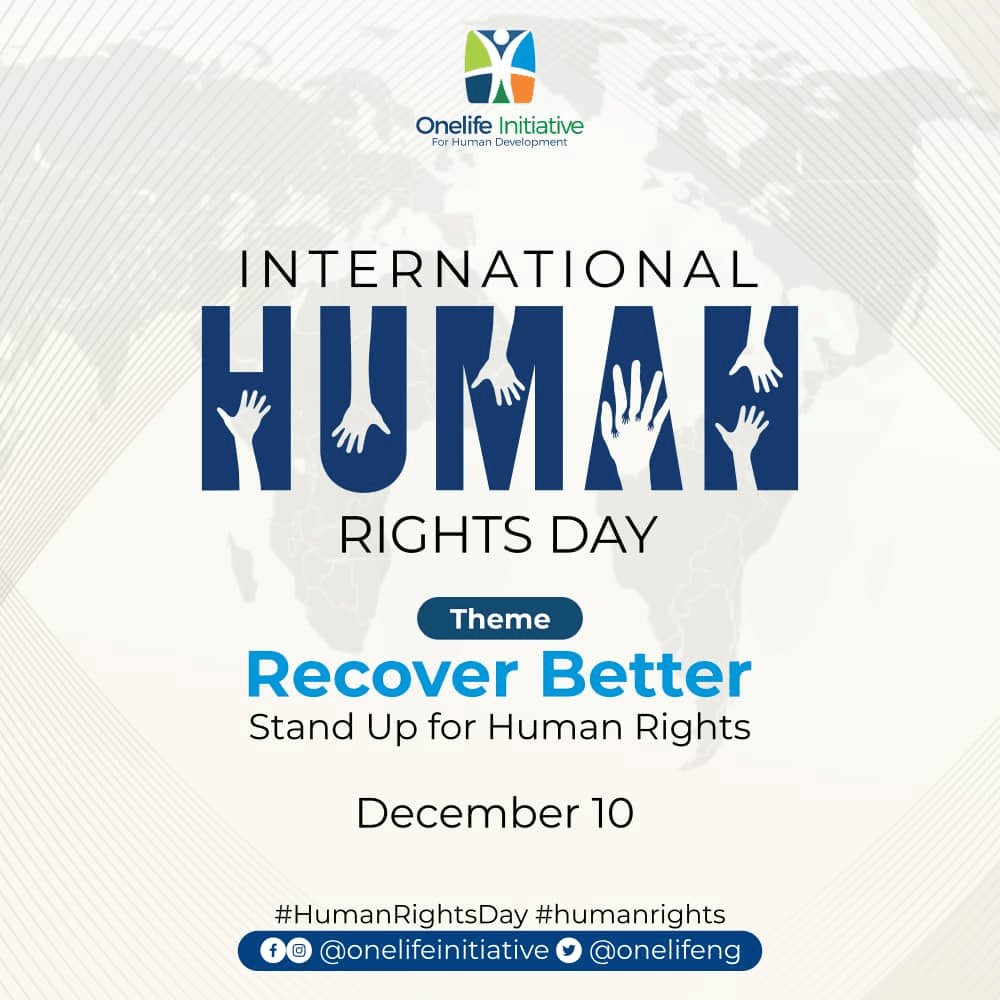Rights of Women in the Blue Collar Space

Where, after all, do universal human rights begin?
In small places, close to home - so close and so small that they cannot be seen on any maps of the world. Unless these rights have meaning there, they have little meaning anywhere. Without concerted citizen action to uphold them close to home, we shall look in vain for progress in the larger world- Eleanor Roosevelt
The Human Rights Day theme for this year relates to the COVID-19 pandemic and focuses on the need to build back better by ensuring Human Rights are central to recovery efforts. It is no news that the Covid19 pandemic really took a toll on the world. Informal women workers are one of the majorities of people who were badly affected. Informal women workers in this context could refer to traders, pure water hawkers, female bricklayers, females who take up manual labour and so on.
A lot of women in this category are trying to pick up their businesses that have been affected by Covid19. Most of them are the ones financing their families, the last thing they need is a violation of their human rights by been discriminated against in their line of work. They even face domestic violence in some instances. The government has an important duty to ensure that women in this category are provided with an environment free from violence and harassment. The failure to ensure a range of legal and social protections for women workers constitutes discrimination based on sex and gender.
Human rights mechanisms have noted and denounced the prevalence of discrimination against women in the world of work. A lot of women are given roles less than their qualifications just because they are ‘women’. According to the Committee on Economic, Social and Cultural Rights, the social construction of gender stereotypes, prejudices and expected roles have created obstacles to the equal fulfilment of the economic, social and cultural rights.
A company refusing to hire a woman on the ground that she is pregnant or the allocation of a low-level job to a woman with higher qualifications just because she is a ‘woman’ is in violation of that woman’s fundamental Human Rights. Everyone irrespective of their gender has a right to be treated equally. The fact that a woman is an informal worker is not a license for her not to have access to her fundamental human rights. All informal women workers should be able to access existing legal and social protections. They should also benefit from the COVID–19 relief packages, without discrimination based on type of work, race, nationality, migration status, or any other ground. In conclusion, everyone is entitled to fundamental human rights irrespective of their gender and workplace especially those working in the blue collar space – informal workers like tailors, hairdressers, traders etc.


